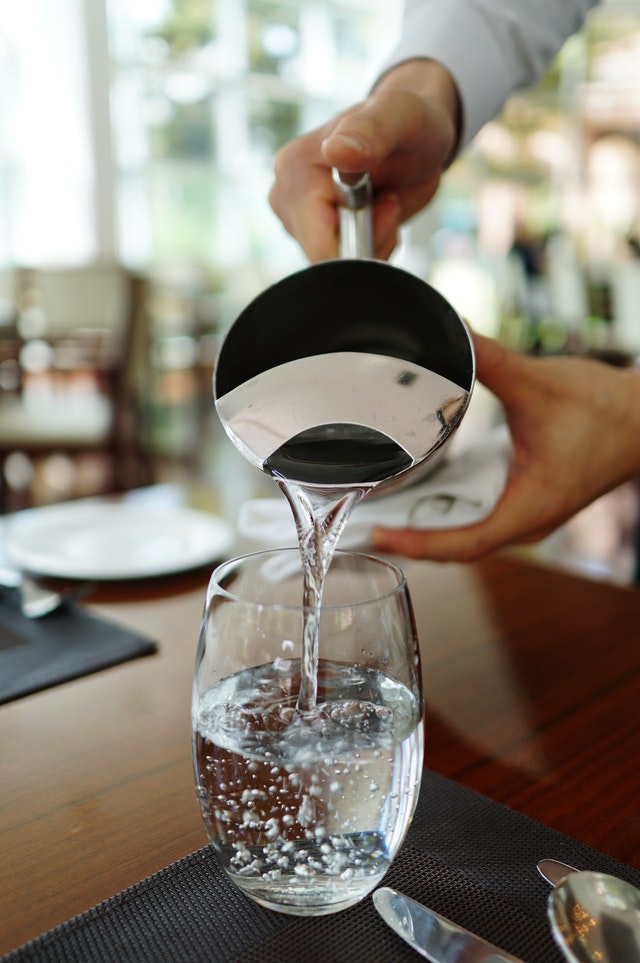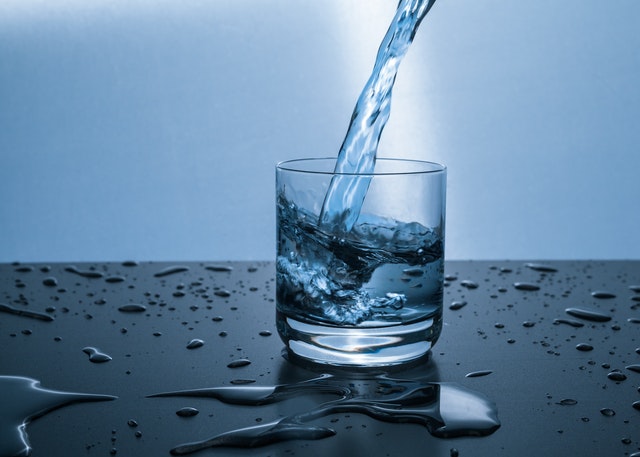Is Water Good for You: Benefits of Drinking Lots of Water4 min read
Water is essential for life. It is necessary for hydration, nutrient absorption, and waste elimination. But that’s not all – drinking water also provides a host of other health benefits.
Our body is made up of water by 60 percent. Water is needed for our body to function properly.
Water keeps you stay hydrated, eliminate toxins, helps digestion, and delivery nutrition throughout your body.
Drinking enough water is essential for your body. Your brain function is affected by how hydrated your body is. Dehydration can give you headaches and difficulty concentrating.
Benefits of Drinking Water
Maintain body temperature
If your body gets hot, the water that is stored in the skin is released as sweat to release the heat and cool down your body as the water evaporates.
If you are dehydrated, your body won’t be able to tolerate heat as much due to the increase in heat storage.
This greatly affects your exercise. Your body loses 6 to 10 percent of your water weight through sweat when exercising.
This may lead your exercise to feel more difficult physically and mentally as you will feel more fatigue, demotivation, and altered body temperature control.
That is why it is important to drink a lot of water and keep your body hydrated to avoid excessive sweating in your intense exercise and be able to maximize your performance. Drinking enough water may reduce the oxidative stress during high intensity exercise.
Nutrients and oxygen delivery, and flush toxins
Blood that carries oxygen to different parts of the body and nutrients to the cells is 85 percent water. Water delivers all important materials that your body needs to survive.
Water is also needed to remove toxins and other waste products from your system.
Kidney health
The kidneys control fluid in your body and lack of water may lead to health problems, such as kidney stones.
Urinary stones are painful clusters of mineral crystal that develop in the urinary system. The kidneys are the most common site of kidney stone formation.
Increased water consumption boosts the quantity of urine flowing through the kidneys. The concentration of minerals is diluted, making them less prone to crystallize and form clumps.
Digestion
When you consume food, the food is broken down by digestive fluids that contain water so your body can absorb the nutrients.
Drinking enough water with a meal helps your body to move the food through your intestines, lowering the chance of constipation.
Also, the bowel needs water to work sufficiently. Dehydration may result in digestive issues, constipation, and acidic stomach, and this can increase the risk of heartburn and stomach ulcers.
Energy booster
Water is essential in helping your muscles contract, as well as providing energy. The imbalance of fluid may cause muscle fatigue and even loss of muscle mass.
If you work out while dehydrated, you won’t be able to perform optimally. Make sure that you drink a lot of water when you are exercising, especially when your heart is beating fast and you’re sweating, your body is losing fluid.
Skin health
The way your skin looks can determine your hydration level. Your skin may look dry and cracked if you are dehydrated. Make sure that you drink plenty of water throughout the day.
Dehydration can also cause the skin to be more vulnerable to skin diseases and wrinkles.
Help with weight loss
Drinking water helps you feel satisfied more and boost your metabolic rate.
Drinking water before a meal may help in making you feel more full so that you don’t overeat.
Also, it’s better to drink water than any other sugary beverage.

Clean water
It is important that the water that you drink is clean. Drinking contaminated water may lead to health issues such as diarrhea and viruses.
Long-term exposure to water contaminated with chemicals and pesticides has been associated with cancer and heart disease.
Making sure that your water is clean at home is important. One way to do this is to purify your water. The impurities of the water, such as bacteria, viruses, and pesticides, can be removed by having a household water purification system.
Other hydration sources
Our body gets water through foods with a high water amount as well, including tomatoes, soups, oranges, and many other sources.
Our body loses water during everyday functioning and this needs to be replaced. We lose water through sweating, urination, and even breathing.
The best source of hydration remains water. However, you can get hydrated from other beverages as well, such as milk and juices.
Be careful with beverages containing alcohol and caffeine, such as beer, coffee, soft drinks, they contain empty calories, making them less ideal.
Recommended water intake
The amount of water required each day varies from person to person, depending on their activity level, their rate of sweating, and other factors.
There is no specific number of glasses of water that must be drunk every day. Nevertheless, there is general agreement on what a healthy fluid intake should be.
The average recommended water intake is:
- Men: approximately 3.7 liters (125 ounces)
- Women: approximately 2.7 liters (91 ounces)
About 80 percent of this should come from drinks including water, and the 20 percent should be from foods, including fresh fruits, vegetables, and non-alcoholic drinks.

